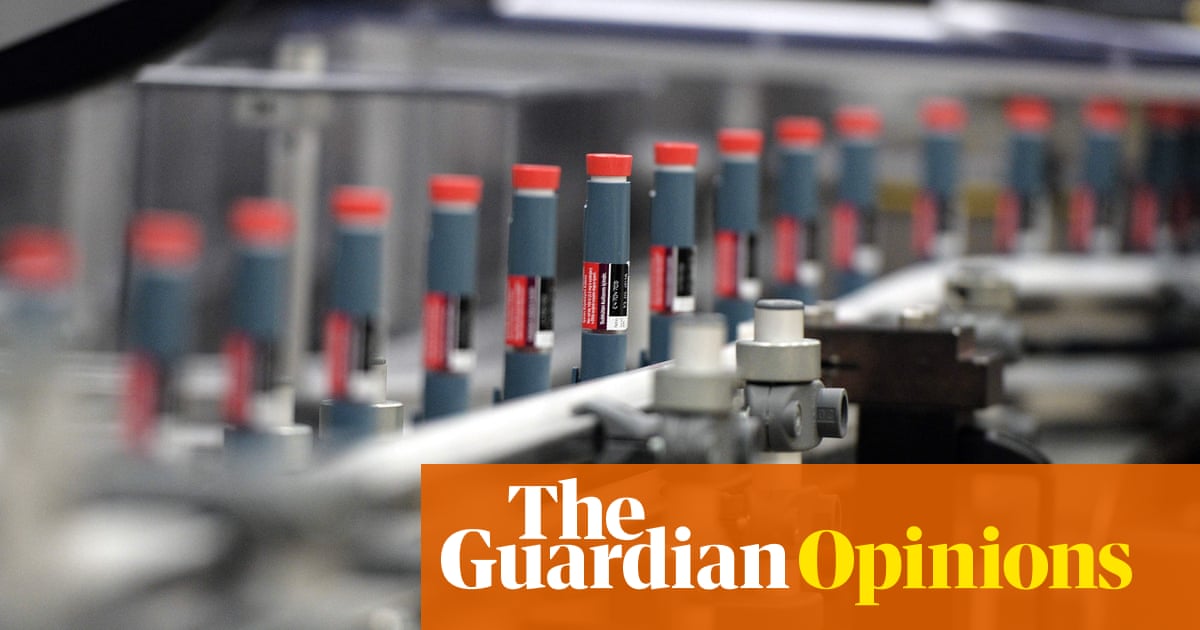
I was diagnosed with type 1 diabetes in late 2020. The diagnosis has had a huge impact on my life and means that everyday I must constantly monitor and adjust my blood sugar to prevent it from becoming dangerously high or low. With this comes hundreds of decisions, actions and evaluations every time I eat, exercise or even go to bed each night.
I am lucky in a sense that my diagnosis came at a time when many new technologies had become available to improve the lives of people with diabetes. Among these were devices that continuously monitor blood sugar levels, as well as compact insulin pumps and new formulations of insulin that are more stable and faster acting.
Fiasp is a relatively new formulation of ultra-rapid acting insulin that I began using shortly after my diagnosis. It has a faster onset and peak, meaning that I need to wait a shorter time (or not at all in some cases) between taking it and being able to eat. It also means that if my blood sugar rises too high, I can bring it down to an appropriate range sooner. This minimises the time I spend with high blood sugar levels and is a key part of avoiding the long-term complications of my disease, including vascular and nerve damage.
But Fiasp, which is manufactured by pharmaceutical giant Novo Nordisk, is scheduled to come off the pharmaceutical benefits scheme (PBS) from 1 April, sending the price from $30 to $230 a month.
Without access to Fiasp, a lot will change for me. I will need to wait longer between taking my insulin and eating, which takes a lot of the spontaneity out of life. It may mean I miss eating with colleagues at work or with friends because I have to wait up to 20-30 minutes before eating. It will mean I spend more time with elevated blood sugar levels and increase my risk of long-term complications, which will be a cost to both to me and the healthcare system. It also makes me anxious about what else may change around healthcare in Australia, given this drug has only been listed on the PBS since 2019. I worry that the subsidised access I enjoy to glucose monitors and insulin pumps may also be taken away with little warning.
I have been astonished by the speed at which this decision was taken. My treating specialists and I were unaware of this pending change until only a few weeks ago, giving me little time to prepare for the change and organise new prescriptions. I have been advised to stockpile my remaining Fiasp prescriptions before the end of April, which is something I never thought I would have to do in a country that boasts about its healthcare system. I am also saddened by the lack of consultation. As someone so acutely affected by this decision, I feel more like a line on a balance sheet than a human being who deserves choice and freedom in the management of a life-threatening illness.
I also feel frustrated that, after being told about the virtues of modern diabetes management being centred around choice and personal preference for patients, this choice is being taken away from me. I discovered the benefits of Fiasp because I was encouraged and empowered by my treating specialists to find the type of insulin that best worked for me. Having found it, I’m now being told that it will no longer be available at the subsidised rate. It feels like a disservice to the way I have been treated by my excellent care team, and I am sure they are feeling some of this anxiety on behalf of their patients as well.
-
Nicholas Edwards lives in Sydney and works for a legal technology firm
My fast-acting insulin is being taken off the PBS – could my glucose monitor be next? - The Guardian
Read More
No comments:
Post a Comment